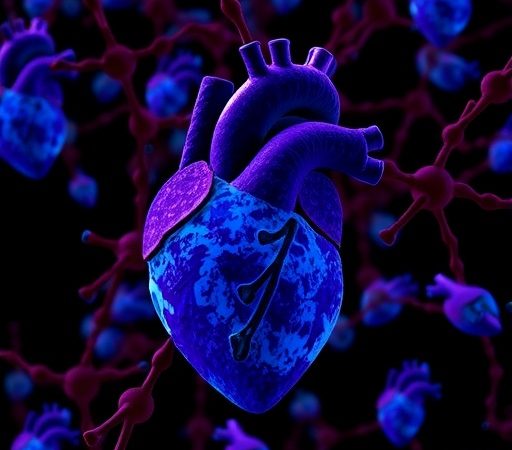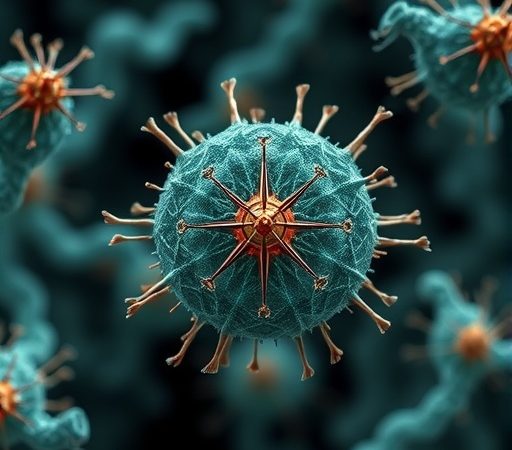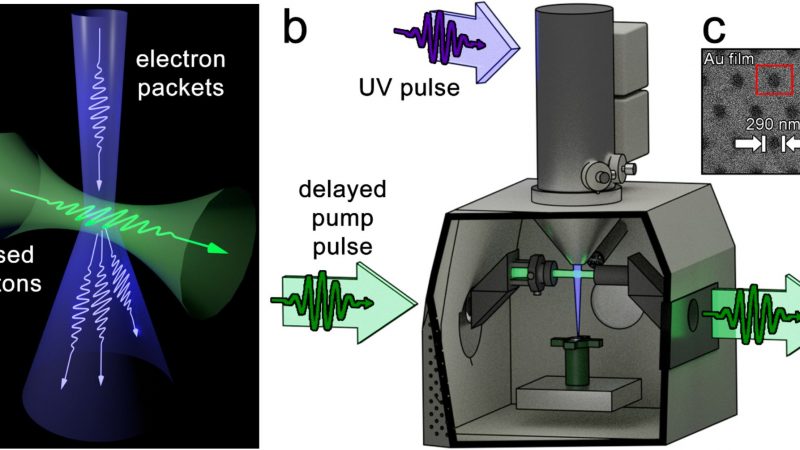Ministers hear Africa has made limited progress towards SDGs
AFRICA
![]()
African countries have been urged to harness science, innovation and state-of-the-art emerging technologies such as artificial intelligence in the coming 10 years to achieve the objectives of sustainable development.
This is contained in the Niamey Declaration made in Niger where African ministers and their senior officials responsible for education, science and technology as well as the environment, alongside experts representing governments and intergovernmental organisations, met from 28 February to 2 March for the ninth session of the Africa Regional Forum on Sustainable Development (ARFSD).
The forum was preceded by the fifth African Science, Technology and Innovation (STI) Forum that was held from 26-27 February 2023 in hybrid format, also in Niamey, Niger.
Both events were co-organised by the African Union Commission, the Niger government, and other entities in the United Nations system.
Panelists on the ARFSD noted the limited progress made towards the achievement of the Sustainable Development Goals (SDGs) and the significant development challenges faced by Africa.
They also noted that progress by member states towards the implementation of Agenda 2030 had been uneven, and it was therefore crucial to promote the sharing of experiences and best practices.
The meeting came up with the Niamey Declaration and a proclamation on science and technology.
“Encourage all African countries to harness science, innovation and state-of-the-art emerging technologies, such as artificial intelligence, and the potential of young people to drive the necessary transformative change over the coming 10 years and achieve the objectives of sustainable development, and to increase national investment in digital meteorological and climate observation systems to help to provide early warning systems for all the citizens of the continent,” reads part of the declaration.
The declaration also invited development partners to support African countries in gaining access to sources of innovative finance, and called upon the international community to respect its climate change obligations under the Paris Agreement and to redouble its efforts to mitigate greenhouse gas emissions so that humanity may continue to enjoy a stable climate system.
Sustainable Development Goals
The forum focused on five SDGs, namely SDG 6 (Clean water and sanitation); SDG 7 (Affordable and clean energy); SDG 9 (Industry, innovation and infrastructure); SDG 11 (Sustainable cities and communities); and SDG 17 (Partnerships for the goals) and the corresponding goals of Agenda 2063.
Several reports were launched in support of the forum, including the STI Policy Design and Implementation Guide – Draft report; Advancing Entrepreneurial Universities in Africa: Ethiopia, Ghana and South Africa; Advancing Technology Transfer for Sustainable Development in Africa: Revisiting Africa’s technology transfer landscape in the wake of COVID-19; Water-Energy-Food Nexus Innovations in MENA: Bringing hope amid challenges; Accelerating the Advancement of Wave Energy Desalination Technologies and a report on the role of emerging technologies in sustainably advancing energy security in Africa.
These reports indicate how science, technology and innovation could help Africa in its efforts to promote cities’ roles as drivers of innovation and creativity and changing the current energy economy through investing in the development of skills, acquisition and the upgrading of technologies that underpin the new sources of energy such as solar, wind, hydrogen and nuclear.
This is necessary because “Currently, about 600 million African inhabitants do not have access to electricity and 900 million have no access to clean cooking fuels while 76% of the oil is consumed by transport sector and 86% of biomass is used by households,” stated the forum’s concept note.
“African countries need to build scientific, technological and industrial bases in some of the emerging and maturing technologies such as biotechnologies, digital, energy and nanotechnologies that are core to the new and emerging energy technologies,” the concept note stated.
Data skills
The forum also agreed that member states should use data science hackathons as a tool to help young people improve their data skills and use their creativity in support of the SDGs, support the establishment and strengthening of statistical associations with a view to deepening partnerships for the achievement of the goals, and start building data systems that “speak” to each other so as to create a single data space for Africa.
The forum agreed on key messages, including that member states should “accelerate the evolution of science and technology education in universities to make their curricula more practical by combining theory with practice, as such an approach would help engineers and technicians who are inventors and producers of technological products to enter the labour market”, reads a summary of key messages from the forum.
It said Africa should also increase investment in hard and soft infrastructure, including transport, and in the development of skills related to information and communications technology and science, technology and innovation.
In closing remarks at ARFSD on 2 March, the Economic Commission for Africa’s Deputy Executive Secretary and Chief Economist, Hanan Morsy, said the forum underlined the need for African countries to truly harness the accelerative effect of transformative technologies.
“Investing at least 1% of GDP in research and development remains a priority for governments, while networks such as the Alliance of Entrepreneurial Universities launched in Kigali last year, can help in repurposing existing education networks to be more aligned with the needs and expectations of the business community in the aftermath of the pandemic,” she said.
“The Economic Commission for Africa (ECA) has been proud to work with UNESCO, the International Telecommunication Union and the UN women to deliver a girls’ coding camp with over 100 in-person participants and over 4,500 virtual participants – all from Niger.
“We also launched a climate solutions hackathon, seeking to use emerging technologies such as AI to tackle climate change, and we have also had over 100 young students engaged in an innovation bootcamp to learn basic skills in robotics, 3D printing and other associated technologies,” said Morsy.
Accelerate STI
Niger’s Minister for Secondary and Higher Education, Research and Technology Habi Mahamadou said Africa needs to accelerate STI as it plays a pivotal role in technology development and in the protection of the planet.
He said recent studies have shown that a few African countries have effective strategies to develop and support STI, hence they can’t harness critical science skills.
He also said Africa should prioritise investment in science, technology, engineering and mathematics (STEM) education to build and retain science skills on the continent.
“We are unanimous that science, technology and innovation have a fundamental role in technology development and in the protection of the planet,” said Mahamadou.
“We have a brain drain of people … We do not have enough scientists who come back home and that deprives us of the scientific capacity we need.”
The African STI Forum was established by African Ministers through a 15 May 2018 resolution calling on the African Union Commission, the ECA and other partners to take all steps necessary to organise, on a regular basis, a multi-stakeholder forum on STI as an input into the work of the Africa Regional Forum on Sustainable Development.
The first African STI Forum was held in 2019 in Morocco, the second in February 2020 in Zimbabwe; the third in the Congo in Brazzaville in 2021; and the fourth in Rwanda in 2022, leading to the fifth one in Niger this year, all aimed at feeding into Africa’s sustainable development forums.
Additional reporting by Wagdy Sawahel.





